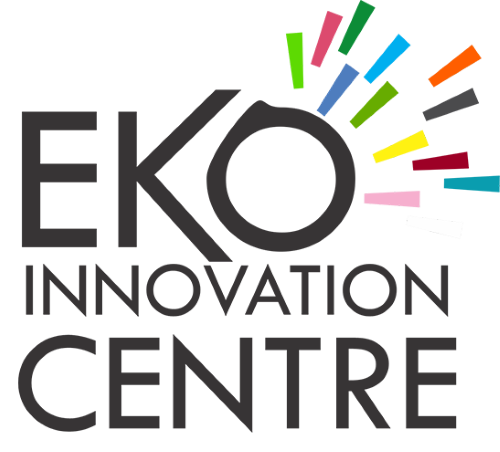For many startups, launching a product is seen as the ultimate milestone. However, in reality, the launch is only the beginning. The true test lies in solving deep-rooted problems in industries that have operated the same way for decades. From agriculture to healthcare, and from logistics to education, technology is reshaping traditional sectors in ways that were once unimaginable.
Why Traditional Industries Need Tech Intervention
Traditional industries often face systemic inefficiencies. Outdated processes, manual operations, and fragmented communication channels create bottlenecks that hinder growth. Transitioning to technology-driven solutions is no longer optional—it is essential. With digital adoption, these industries can achieve improved productivity, reduced costs, and better customer outcomes.
Identifying the Right Problems to Solve
Not every challenge requires a technological fix. The most impactful innovations address fundamental issues that have long resisted change. For instance:
- In agriculture, precision farming technologies solve food scarcity challenges.
- In healthcare, telemedicine bridges access gaps in underserved communities.
- In logistics, real-time tracking reduces inefficiencies in supply chains.
By identifying pain points that significantly impact lives and businesses, startups can create solutions that drive meaningful transformation.
From Quick Wins to Lasting Impact
Quick wins, such as digitizing paperwork or automating simple tasks, are often celebrated in early stages. Yet, long-term impact comes from deeper integration. Technology must not only optimize existing systems but also reimagine them. A logistics startup, for example, creates more value by building predictive supply chain models rather than just digitizing delivery records.
Barriers to Transformation
While opportunities are vast, challenges remain. Legacy systems, regulatory constraints, and resistance to change can slow adoption. Furthermore, traditional industries often lack the digital infrastructure needed for advanced technologies. These barriers require patience, persistence, and strategic collaboration with industry stakeholders.
The Role of Startups in Driving Change
Startups are uniquely positioned to disrupt traditional sectors because they operate with agility and vision. They can experiment, adapt, and implement technologies faster than large incumbents. By focusing on partnerships, pilots, and scalable models, startups can embed themselves into industry ecosystems and demonstrate tangible value.
Conclusion: Building for the Future
Innovation does not end with a product launch. The real opportunity lies in applying technology to solve persistent problems in traditional industries. By addressing inefficiencies, enabling scalability, and improving access, startups can build solutions that stand the test of time.
At Eko Innovation Centre (EIC), we believe that the most impactful startups are those that transform industries. Through our programs, mentorship, and ecosystem support, we help founders go beyond the launch to create technology-driven solutions that tackle deep, systemic challenges. Together, we can shape industries that are not only modernized but future-proofed.
